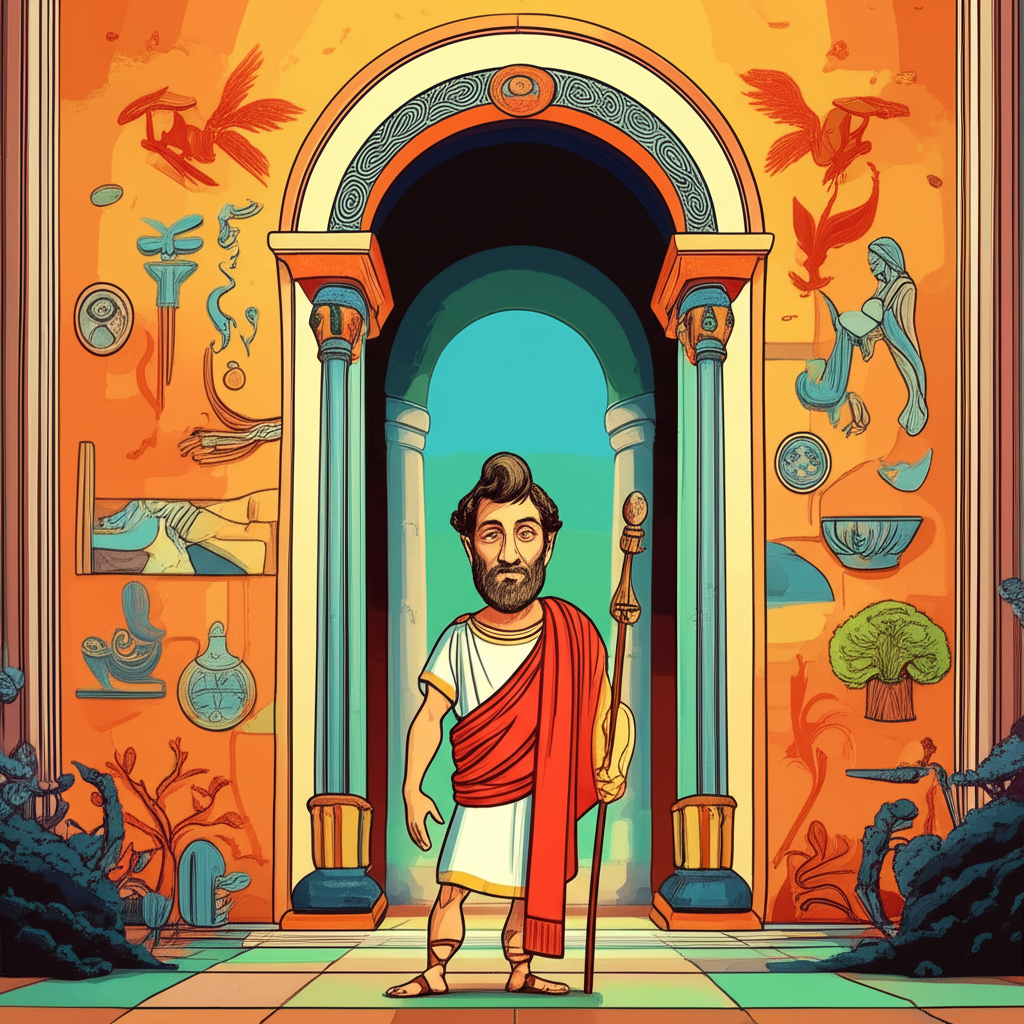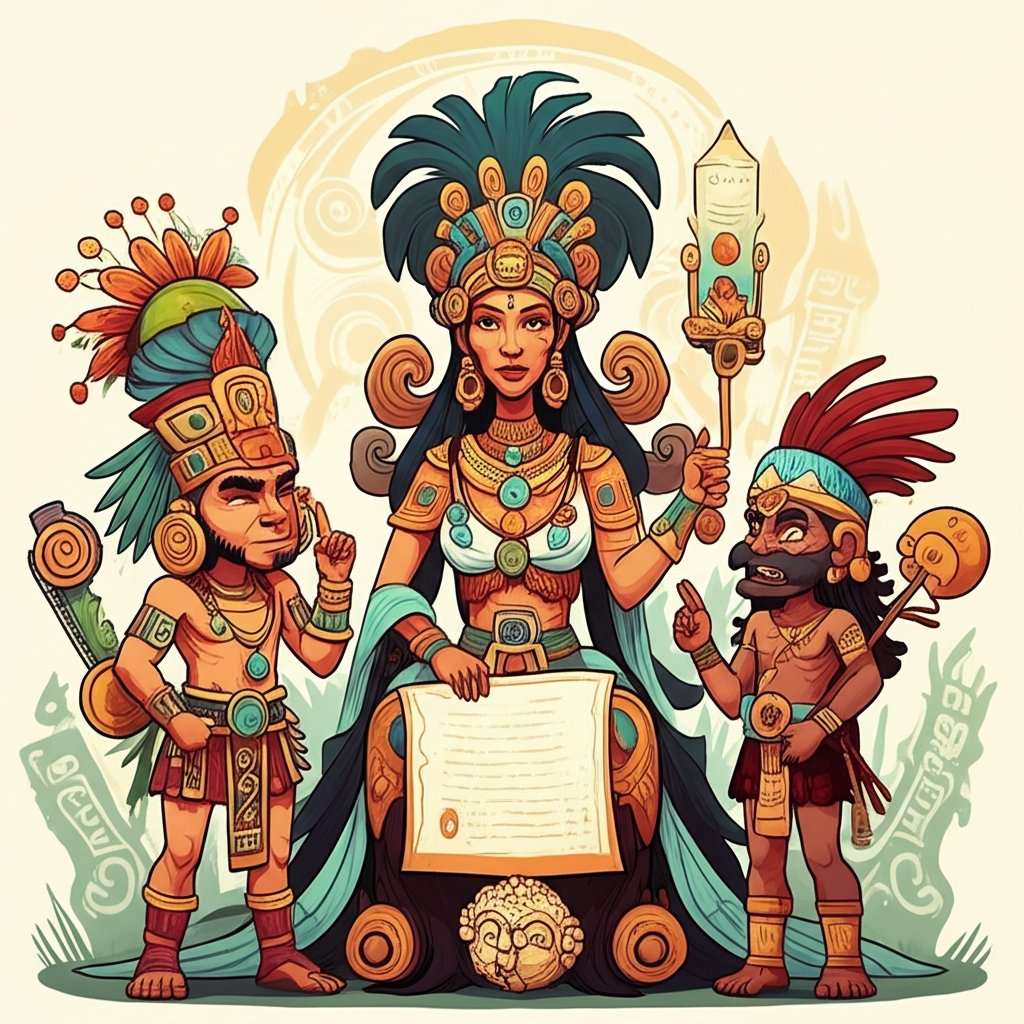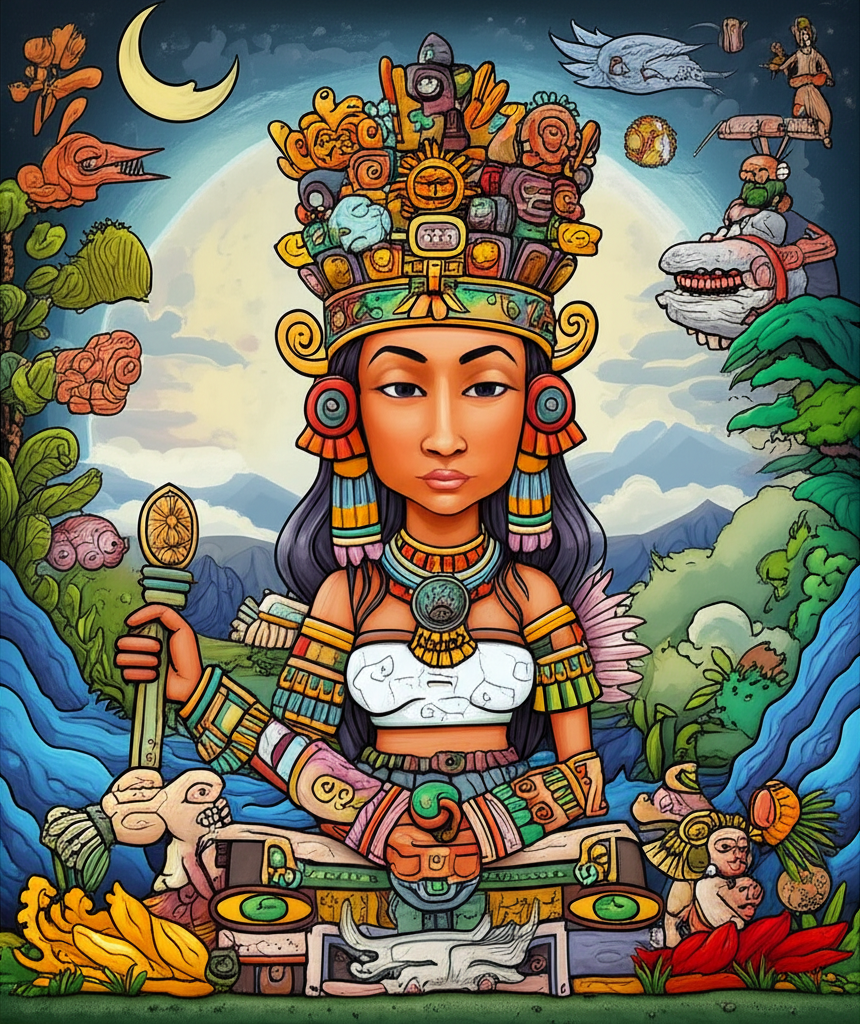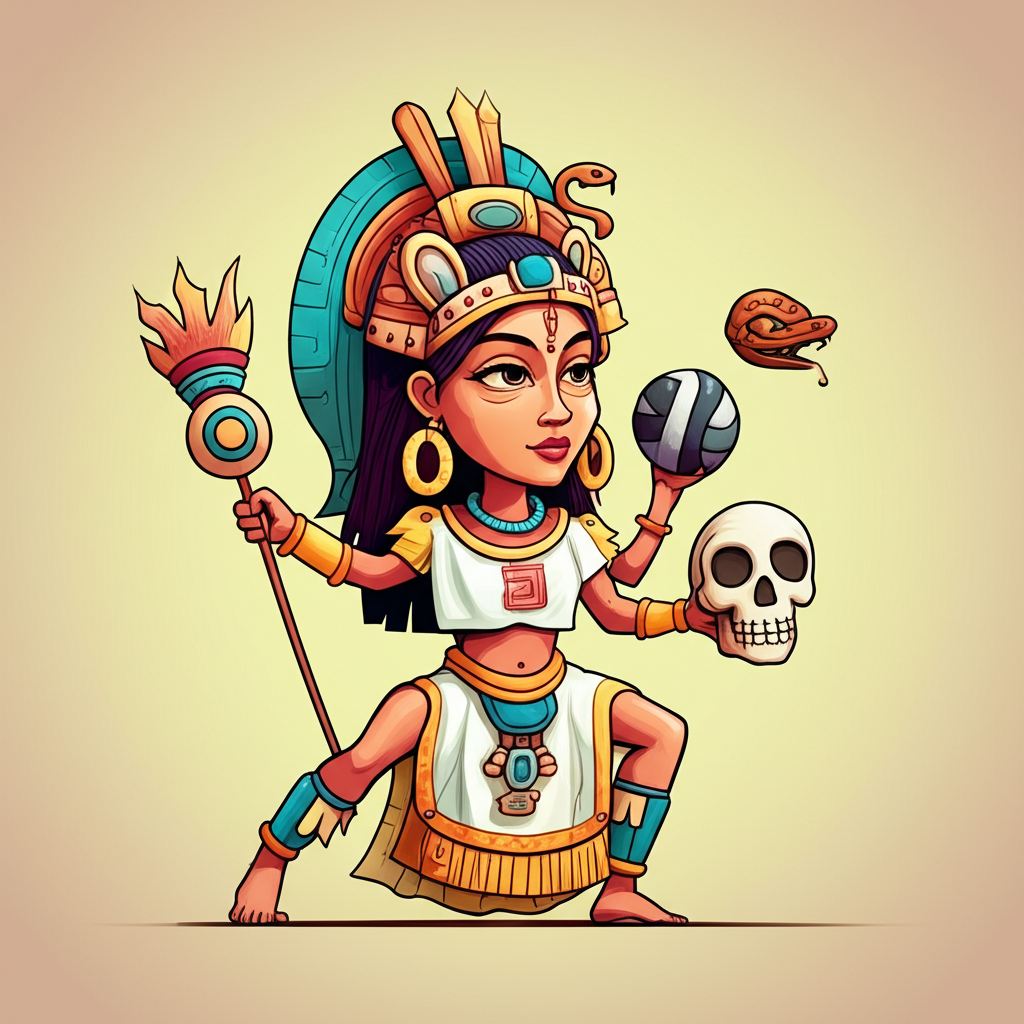
Myths are powerful windows into the past, offering glimpses into the beliefs, fears, and values of the cultures that created them. The tale of Medusa, particularly the Arcadian version, is one such story, originating from ancient Greece and passed down through generations. This is a traditional narrative, not a declaration of truth or divinity, but a cultural artifact shaped by the ancient Greek worldview. It is a story told and retold, evolving over time and reflecting the societal concerns of its narrators.
Origins and Cultural Background: The World of Ancient Greece
The Medusa myth, in its various forms, flourished during the Archaic and Classical periods of ancient Greece (roughly 8th to 4th centuries BCE). This was a time of burgeoning city-states, philosophical inquiry, and artistic innovation. The Greeks possessed a polytheistic belief system, where gods and goddesses intervened directly in human affairs. Their world was one where the boundaries between the natural and supernatural were fluid, where divine favor could bring prosperity and divine wrath could bring ruin. The landscape itself, from the towering Mount Olympus to the dark depths of the sea, was imbued with the presence of these powerful beings.
Greek society was deeply hierarchical, with clear distinctions between citizens, slaves, and foreigners. Concepts of honor, duty, and lineage were paramount. Myths served not only as entertainment but also as moral instruction, reinforcing societal norms and exploring complex themes like hubris (excessive pride), revenge, and the struggle against fate. The Medusa myth, in its Arcadian iteration, likely served similar functions, reflecting the values and anxieties of the region’s inhabitants.
Character Description: The Serpent-Haired Gorgon
Medusa, in most tellings, is one of the three Gorgon sisters, monstrous figures with snakes for hair and the power to turn anyone who gazed upon them into stone. The Arcadian version, however, offers a slightly different nuance. While the petrifying gaze remains, some accounts emphasize Medusa as a guardian figure, protecting sacred sites or embodying the untamed wilderness.
The snakes that writhe upon her head are powerful symbols. They can represent chaos, danger, and the primal forces of nature. But snakes also symbolize healing, transformation, and hidden knowledge in some contexts. The petrifying gaze can be interpreted as the power of fear to paralyze and the consequences of confronting the unknown. Medusa, therefore, is not simply a monster but a complex figure embodying both terror and potential.
Main Story: The Arcadian Medusa
In the rugged, mountainous region of Arcadia, Medusa’s story took a particular turn. Unlike the more widely known version where Poseidon violates her in Athena’s temple, some Arcadian tales portray Medusa as a fearsome guardian of a sacred grove or spring. This version suggests that Medusa’s monstrous form wasn’t a punishment, but an inherent part of her nature, a manifestation of the wild, untamed spirit of Arcadia itself.
Imagine the scene: a hidden valley, shrouded in mist and ancient trees. A spring gurgles forth from the earth, its waters said to possess mystical properties. Medusa dwells here, a creature of legend, her serpent locks hissing softly in the breeze. Travelers who stumble upon her domain do so at their own peril. One glance into her eyes, and they are forever frozen, transformed into lifeless statues that dot the landscape, silent witnesses to the power of the wild.
No hero seeks her out to slay her in this version. She is not a victim, but an embodiment of the land itself, a force of nature to be respected and feared. The Arcadians understood the power of the natural world, its ability to both sustain and destroy. Medusa, in this context, becomes a symbol of that raw, untamed power. She is a reminder that some places are best left undisturbed, some mysteries best left unsolved.
Symbolism and Meaning: The Guardianship of Nature
For the ancient Arcadians, the Medusa myth may have represented the power and danger of the natural world. Arcadia was a remote and rugged region, and the story of Medusa could have served as a warning against encroaching too far into the wilderness or disrespecting the sacred places within it. She could also symbolize the consequences of unchecked ambition or the dangers of hubris, reminding people that even the most powerful individuals are ultimately subject to the forces of nature.
The myth might also have served as a way to explain natural phenomena, such as strange rock formations or unusual geological features. These could have been interpreted as the remains of those who had dared to trespass into Medusa’s domain. In essence, the Arcadian Medusa was a personification of the untamed wilderness, a reminder of the power and mystery that lay just beyond the borders of civilization.
Modern Perspective: Medusa in Contemporary Culture
Today, Medusa’s image continues to resonate in literature, movies, games, and cultural studies. She has become a symbol of female rage, a victim of patriarchal violence, and a figure of empowerment for marginalized groups. Authors and artists often reinterpret her story, giving her a voice and exploring the complexities of her character.
In some contemporary works, Medusa is portrayed as a misunderstood figure, a victim of circumstance who was unfairly punished for the actions of others. This reinterpretation allows for a deeper exploration of themes such as injustice, power dynamics, and the silencing of female voices. She is no longer simply a monster but a symbol of resilience and resistance. Her image is used to challenge traditional notions of beauty and femininity, celebrating strength and individuality in all its forms.
Conclusion: A Story of Imagination
The myth of the Medusa of Arcadia is a testament to the power of storytelling and the enduring appeal of ancient Greek mythology. It is a cultural narrative, shaped by the beliefs and values of a specific time and place. As Muslims, we recognize that only Allah is the true Creator and Sustainer of the universe. This story, like other myths, is a product of human imagination, not a reflection of divine truth.
The Medusa myth, however, continues to inspire and intrigue us today. It reminds us of the importance of cultural heritage, the power of imagination, and the enduring human need to create stories that explain the world around us. It is a reminder that myths, while not literal truths, can offer valuable insights into the human condition, exploring themes of fear, power, and the relationship between humanity and the natural world. Through such stories, we can learn to appreciate the richness and diversity of human culture and the enduring power of the human imagination.





